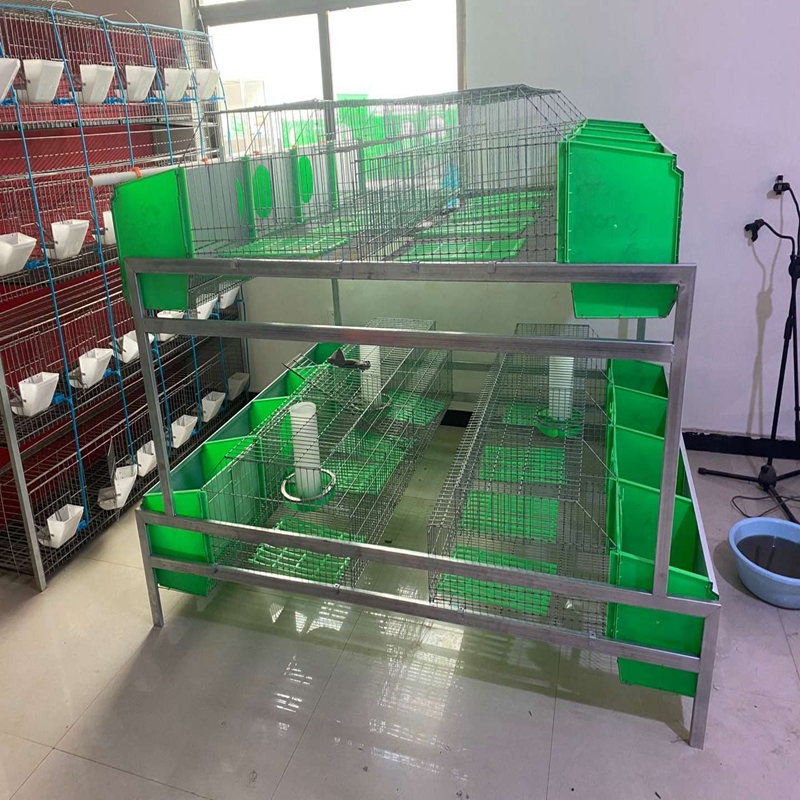Storage Solutions for Grain Silos and Their Importance in Modern Agriculture Practices
Jul . 31, 2024 02:42 Back to list
Storage Solutions for Grain Silos and Their Importance in Modern Agriculture Practices
The Importance of Grain Storage Silos
Grain storage is a crucial aspect of agricultural practices around the world. Among various methods employed for storing grains, silos stand out as one of the most effective and efficient solutions. These towering structures are not only vital for preserving the quality of harvested grains but also play a significant role in ensuring food security and optimizing agricultural supply chains.
What Are Grain Storage Silos?
Grain storage silos are large, cylindrical containers designed specifically for storing bulk grains. They are often made from materials like steel, concrete, or aluminum, which provide durability and protection against external elements. Silos can vary in size and design, ranging from small farm silos that hold a few tons to massive industrial silos capable of storing thousands of tons of grain. The primary purpose of these structures is to maintain the quality of the grains by protecting them from pests, moisture, and other environmental factors that can lead to spoilage.
Benefits of Using Silos
One of the primary benefits of grain storage silos is their ability to regulate the storage environment. Silos can be engineered to control temperature and humidity, which are two critical factors influencing grain quality. By maintaining a suitable environment, silos can significantly reduce the risk of mold growth and insect infestations, thereby preserving the nutritional value and marketability of the grain.
Additionally, silos facilitate bulk storage, allowing farmers and grain handlers to store large quantities of grains efficiently. This bulk storage capability helps in stabilizing market prices by reducing the necessity to sell grains immediately after harvest when prices might be lower. Instead, farmers can hold their grains in silos and sell them when market conditions are more favorable.
silos de almacenamiento de granos

Economic Benefits
The economic implications of employing silos for grain storage are significant. For farmers, investing in silos can be a cost-effective way to manage their grain supply. By controlling storage and timing sales, farmers can optimize returns on their harvest. Furthermore, grain silos minimize post-harvest losses, which can be a considerable drawback in agriculture. According to studies, proper storage techniques can reduce losses by up to 30%, allowing more grain to reach the market and ultimately supporting farmer livelihoods.
For larger agricultural enterprises, silos can streamline operations by enabling bulk handling and faster processing of grains. Improved logistics resulting from effective grain storage can lead to cost reductions in transportation and operational efficiencies, further benefiting the overall agricultural economy.
Environmental Considerations
While grain silos offer numerous advantages, their environmental impact must also be acknowledged. Sustainable practices in the construction and operation of silos can help mitigate their ecological footprint. For instance, utilizing renewable energy sources for temperature and humidity control within silos can contribute to lowering greenhouse gas emissions. Moreover, well-managed grain storage can reduce waste, ensuring that more grains are consumed rather than discarded.
Conclusion
In conclusion, grain storage silos are essential components of modern agriculture. They provide a reliable means of storing grains, thereby enhancing food security, supporting economic stability, and contributing to sustainable agricultural practices. As the global population continues to rise and the demand for food increases, the significance of effective grain storage systems will only become more pronounced. Investing in innovative silo technology and practices will be crucial for meeting future food production challenges, ensuring that we can feed the world while preserving our agricultural resources.
-
Hot Sale 24 & 18 Door Rabbit Cages - Premium Breeding Solutions
NewsJul.25,2025
-
Automatic Feeding Line System Pan Feeder Nipple Drinker - Anping County Yize Metal Products Co., Ltd.
NewsJul.21,2025
-
Automatic Feeding Line System Pan Feeder Nipple Drinker - Anping County Yize Metal Products Co., Ltd.
NewsJul.21,2025
-
Automatic Feeding Line System - Anping Yize | Precision & Nipple
NewsJul.21,2025
-
Automatic Feeding Line System - Anping Yize | Precision & Nipple
NewsJul.21,2025
-
Automatic Feeding Line System-Anping County Yize Metal Products Co., Ltd.|Efficient Feed Distribution&Customized Animal Farming Solutions
NewsJul.21,2025






